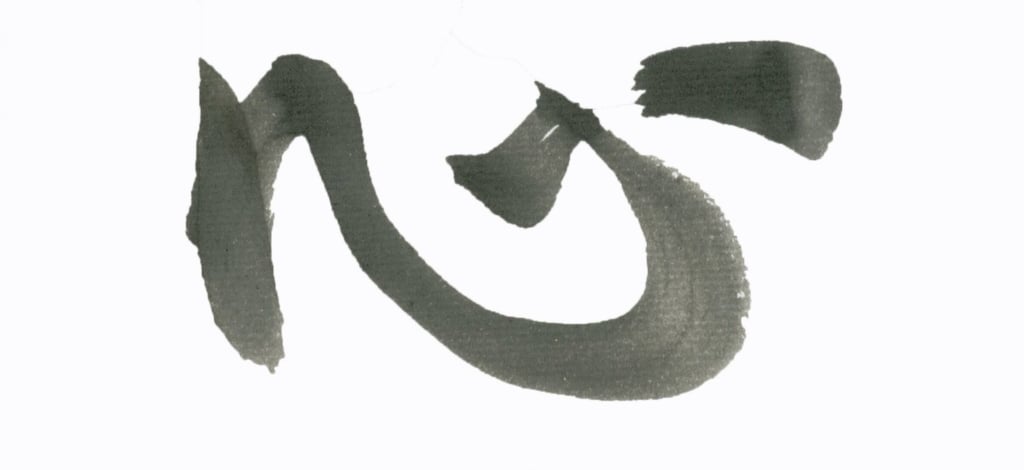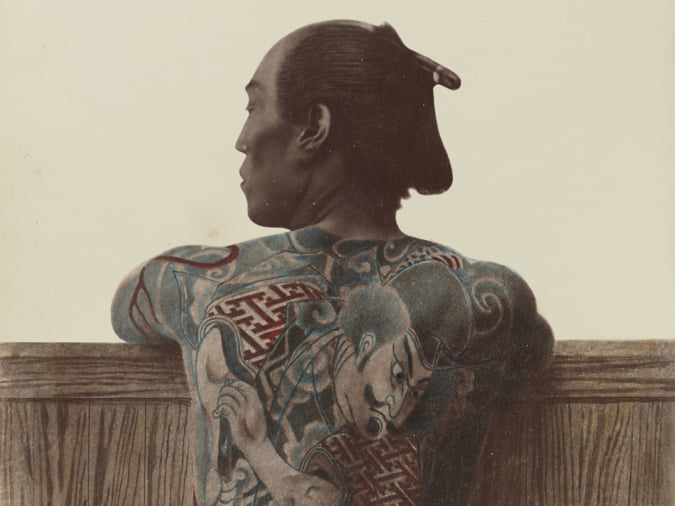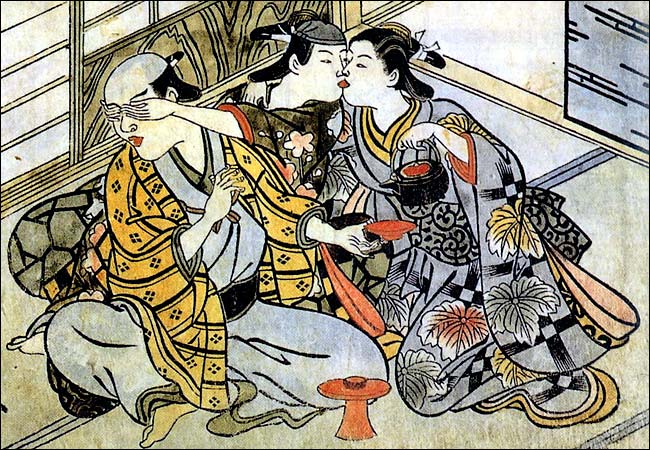‘Kokoro’, Harmony Between the Heart and Mind
Meaning ‘heart’, ‘mind’ and ‘essence’ alternately, this Japanese term bears a philosophical dimension unique to the country.

© Japan House
Shinzou, ha-to, kokoro… In Japanese, these three words refer to the heart, whether the physical organ or the feeling of love. However, the latter term also comprises the notion of the mind.
Its ideogram appears in the construction of Japanese words like ‘psychology’ and ‘anxiety’. ‘Kokoro has three basic meanings: the heart and its functions; the mind and its functions; and the centre, or essence’, states Shohaku Okumura, a Soto Zen priest.
An untranslatable expression
To the Japanese, the heart and mind prove to be intrinsically linked in the definition of kokoro. Historically, it derives from the terms kogori, kogoru and koru which signify a place where something doesn’t move, or the act of standing still in itself. This ‘something’ therefore represents the soul, sentiments and thought.
In Western languages, its translation is limited to one word, ‘mind’. ‘Kokoro is well understood in Japanese, but difficult to explain in English’, Sakiko Yoshikawa, director of Kyoto University’s Kokoro Research Centre, explained to Quartz.
Depending on its use, kokoro can be interpreted in several ways. For example, ‘your kokoro is weak’ would refer to mental strength, while the expression ‘put your kokoro into something’ would relate more to feelings.
TRENDING
-
The Tattoos that Marked the Criminals of the Edo Period
Traditional tattoos were strong signifiers; murderers had head tattoos, while theft might result in an arm tattoo.

-
Colour Photos of Yakuza Tattoos from the Meiji Period
19th-century photographs have captured the usually hidden tattoos that covered the bodies of the members of Japanese organised crime gangs.

-
The Trendiest ‘Sento’ and Saunas in Tokyo
The bath culture remains vibrant in the capital city, where public baths and saunas designed by renowned architects are continuously opening.

-
Rituals of Ancient Gay Shunga Erotica
Shunga was prolific in Japan during the Edo period, with ‘nanshoku’ referring to the depiction of homosexual erotica.

-
‘LSD: Dream Emulator’, an Avant-Garde Game Released on PlayStation
In this video game created by Osamu Sato and released in 1998, the player explores the surrealist, psychedelic environment of a dream.





